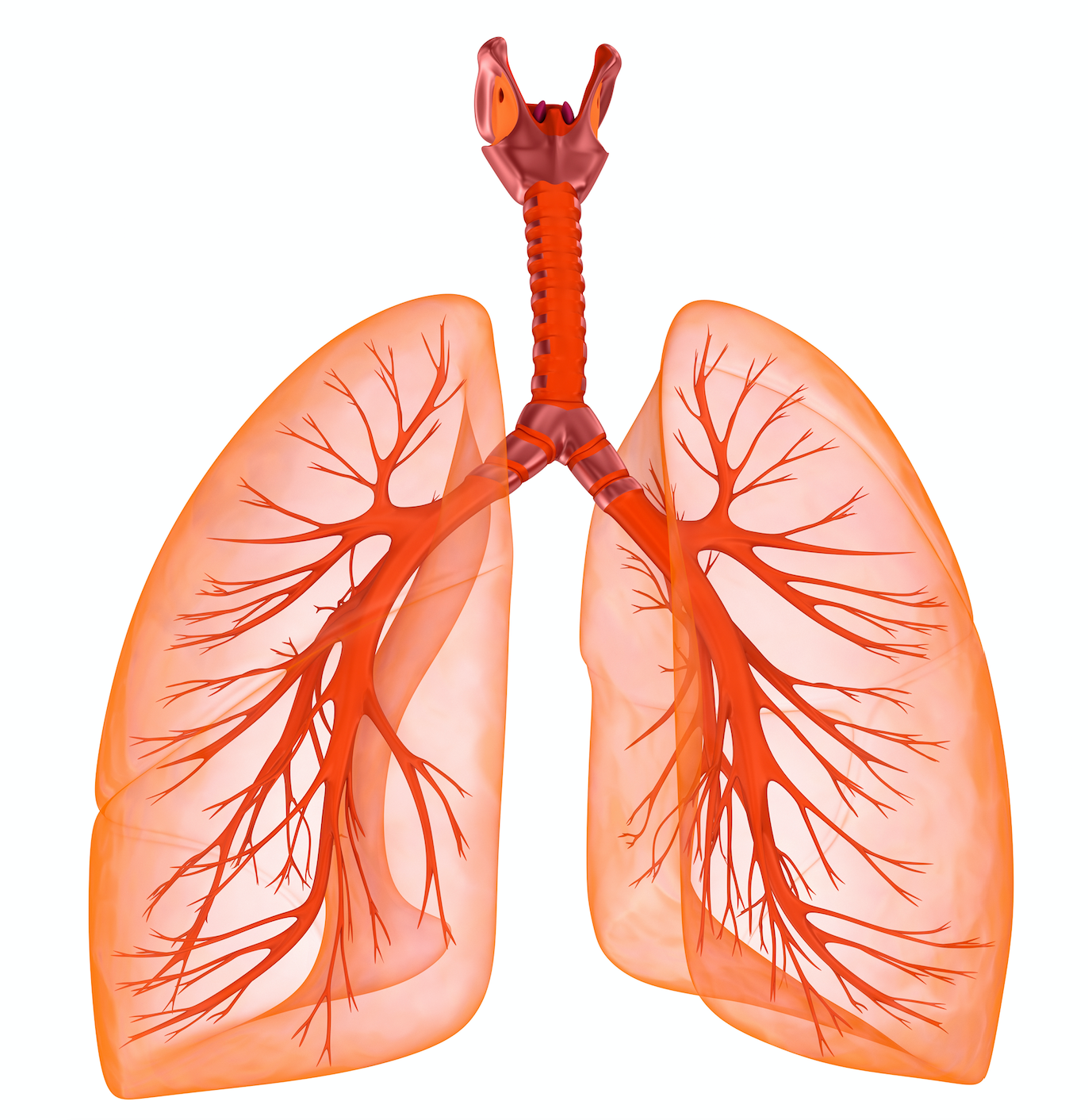Thyroid Toxicity May Be Predictive of Immunotherapy Response in NSCLC
In an interview with Targeted Oncology, Vanessa Kazanietz, MD, discussed the findings from a study exploring the correlation between thyroid toxicity and response to immunotherapy as treatment of patients with metastatic non-small cell lung cancer.

A correlation was observed with the presence of hypothyroidism caused by immunotherapy treatment and improvements in overall survival (OS) among patients with non–small cell lung cancer (NSCLC), which suggests thyroid toxicity could be a predictor of response to immunotherapy, according to findings from a retrospective observational cohort published in Annals of Oncology.
Previous studies have indicated the incidence of thyroid dysfunction in patients with lung cancer is between 2% and 20%, and these trials have demonstrated predictive value with thyroid toxicity, which led to the rationale for this study. The aim was to explore the relationship between thyroid toxicity and immunotherapy, and investigators explored how that relationship impacts progression-free survival (PFS) and OS in patients with metastatic disease.
Among the 99 patients evaluated in the study, the OS was 32.7 months in those with hypothyroidism compared with 16.2 months in those without this toxicity (log-rank P =.0088), and the 1-year OS rate was 100% versus 50%, respectively. The median PFS among those with hypothyroidism was 26 months compared with 9.9 months in the comparator arm (log-rank P =.0772).
Contrary to the presence of hypothyroidism, hypothyroidism did not appear to be associated with OS or PFS, but according to a multivariate analysis, hypothyroidism was determined to be an independent prognostic factor for OS (P =.045).
In an interview with Targeted Oncology, Vanessa Kazanietz, MD, Oncology, Hospital Italiano de Buenos Aires, discussed the findings from a study exploring the correlation between thyroid toxicity and response to immunotherapy as treatment of patients with metastatic NSCLC.
TARGETED ONCOLOGY: How common is thyroid toxicity in metastatic lung cancer?
Kazanietz: We found that this toxicity is more common than reported in other trials. The randomized trials report about 10% hypothyroidism, and we found 23% in our series, so it's more common than reports in the randomized trials. These numbers are similar in other series. It's more a frequent toxicity in these patients.
TARGETED ONCOLOGY: What was the design of this study?
Kazanietz: We selected NSCLC [for the study], and we were selective in the advanced stage for lung We [explored] this toxicity before an immunotherapy and after an immunotherapy, and we looked at the results of these patients.
In the whole population, we separated the population who don’t have any problem in his biliary gland, and we separated the patient who have this background. With these patients, we say okay, this population has a thyroid dysfunction, and this population lives more or less the same than those who don’t have this toxicity. We found the population with thyroid dysfunction has more in survival than the older population.
TARGETED ONCOLOGY: What conclusions did you draw from your research?
Kazanietz: The incidence of this disease toxicity is more frequently in the real world, and the second conclusion is the [incidence of] immune-related adverse events is associated with overall survival.
TARGETED ONCOLOGY: Explain the importance of multidisciplinary collaboration for the case of a patient with thyroid toxicity and lung cancer.
Kazanietz: In our hospital, we have interdisciplinary work, and we work with an endocrinologist, different oncologists, and a surgeon because we have, for example, a severe toxicity, we need a different opinion about the treatment, about the managing management, and ICU too because it's so important.
TARGETED ONCOLOGY: What are your final thoughts?
Kazanietz: I think we would choose lung cancer only because it's a more homogeneous population, and the immunotherapies are more frequently used in these patients. It's important to continue this study and research about these toxicities with immunotherapy.
Reference
Kazanietz V, Cayol F, Cerini M, et al. Thyroid toxicity as predictor of response to immunotherapy in lung cancer. Ann of Oncol (2020) 31 (suppl_4): S645-S671. 10.1016/annonc/annonc279